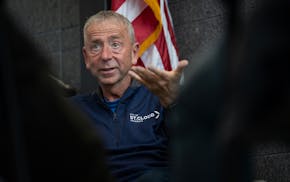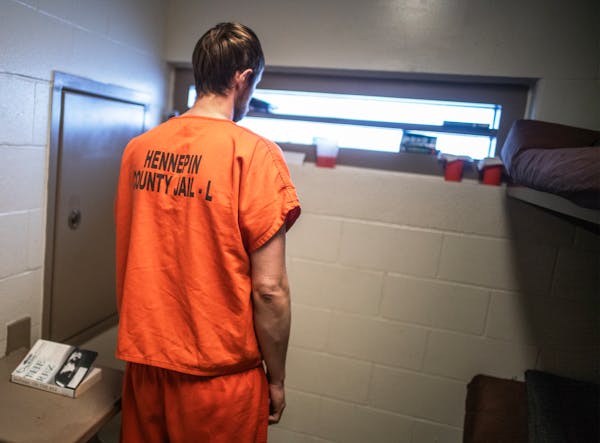Star Tribune Editorial
Compulsive gambling has become an endemic disease in these parts.
Noteworthy victims are identified every now and again, yet their pitiful stories have become almost routine, a mere curiosity. No one is much surprised or excited.
But pause for a moment and look: Earlier this month, a Catholic parish in Hudson removed its priest for, church officials said, pilfering nearly $11,000 from a charity account to support his gambling habit.
Just two weeks earlier, news came of a former auditor in the state revenue department confessing to scheming with her sisters to make off with nearly $2 million in public funds. The motive? A gambling addiction.
Pay attention and you'll notice that such stories are not rare. Yet destructive gambling makes (modest) news only when it leads to theft, or involves a surprising or prominent person.
How many ordinary families quietly suffer ruinous losses? How many lives are blighted just out of sight?
This dark side of the gambling culture is one central reason -- but not the only reason -- that we remain skeptical about the push to expand gambling in Minnesota.
Although some proposals to increase state government's cut of Minnesota's gambling action have surfaced in virtually every legislative session for decades, the effort has renewed energy in the face of this year's deficit-plagued budget debate.
The more or less serious proposals include one to establish video gaming at the state's existing horse tracks; another to add a new so-called "racino" up north; a state-licensed casino downtown or at the Mall of America or the airport, and legalizing slot machines in bars across the state.
Given the harsh alternatives for spending cuts and tax hikes facing budgetmakers, it would be imprudent to flatly rule out increased gaming revenues as part of an ultimate budget compromise.
With opportunities to gamble already abundant in the state, it seems unlikely that widening those opportunities a bit would significantly enlarge the compulsive gambling problem.
Tribal casino operations near the Twin Cities are well enough established to hold their own against some new competition, meaning that some members of a historically abused and disadvantaged people will continue to benefit.
This editorial board would, however, be more enthusiastic about an expansion plan that included new benefits to the distant and impoverished Indian bands of northern Minnesota, who have not shared fully in the bounty of tribal gaming.
A state casino partnership with the northern tribes was proposed some years back, with this board's support, but did not become law.
Meanwhile, any gambling expansion must be accompanied by an expansion of efforts to mitigate its social costs. Some of the new revenue should be set aside to strengthen compulsive-gambling treatment and prevention programs.
Expanding gambling in Minnesota is not a good idea. But could it, in the end, be among the least-bad alternatives to solve a major budget crisis?
That depends on details, which we, and Minnesota, await.
To offer an opinion considered for publication as a letter to the editor, please fill out this form. Follow us on Twitter @StribOpinion and Facebook at facebook.com/StribOpinion.

Kudos to St. Cloud's longtime mayor
Readers Write: Ethnic studies curriculum, public notice laws, student protests


